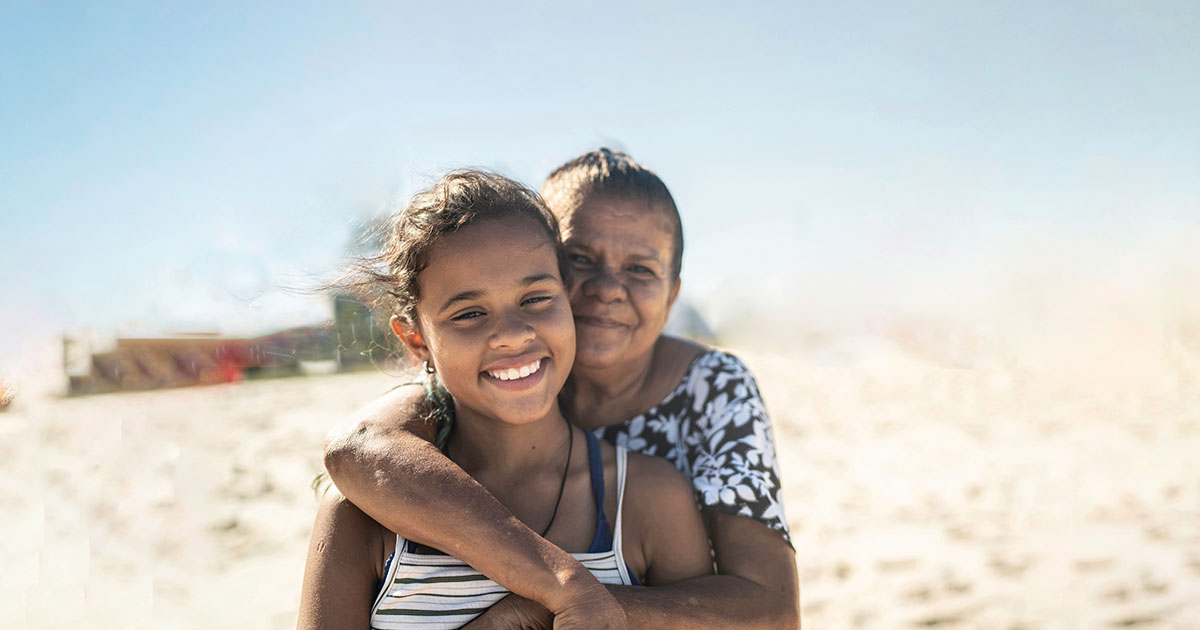Poverty is not a personal choice, it’s a choice not to act
- Details
Australia is a prosperous country with more than enough to go around, and the resources available to end poverty. Yet it’s a stark reality that 2.65 million adults and children struggle to survive on income payments that are well below the poverty line. That’s more than one in 10 Australians – including 940,000 children (one in five) who are growing up in the poorest families.
The ongoing choice to avoid adequate investment in social and affordable housing coupled with the refusal to lock in an acceptable level of income support to keep people above the poverty line has caused a crisis of inequality and homelessness that has been turbocharged by COVID-19.
Research just released has shown that areas with the lowest incomes and least resources before the pandemic were hit hardest by it, and for longer. This gives us pause to consider, as a national community, what we are willing to accept in relation to the burden of poverty placed on too many of our adults, children and young people.
Poverty is not a personal choice. It is the result of political decisions and social acceptance of a certain state of affairs. In 2020, robust additional COVID income supports enabled many people out of paid work to cover the basics while they searched for employment or waited for their existing jobs to be restored. The COVID supplement was responsible for reducing poverty in Australia by 32% and demonstrated what can be achieved when the political will exists to achieve it. It made a tangible difference to the lives of thousands, including many people that Mission Australia serves.
Yet when the payment was removed there was no commitment to a permanent, adequate increase to income support, even as NSW and Victoria are in the throes of a significant Delta wave and all that comes with that.
In the 2021 lockdowns, most people on the lowest income support payments have been denied extra support, leaving them to rely on payments such as the manifestly inadequate $45 a day JobSeeker Payment.
A permanent increase to income support payments would not only have injected more money into the economy when the Commonwealth Government ended COVID-19 disaster payments, but most importantly it would have ensured all people are properly supported and included in the recovery ahead.
Safe, secure and affordable housing is another essential piece of the puzzle. Lockdowns assume people have a safe, secure home to reside in. But for more than 116,000 people across the country, this is something they just don’t have access to. Severe crowding is a form of homelessness which has been growing particularly in the Western Sydney Local Government Areas that are among the most impacted by COVID-19, and in regional and rural areas of disadvantage. People living in overcrowded conditions are at far greater risk of contracting the disease as it spreads through workplaces and homes.
This is just another reason why boosting supply and availability of social and affordable housing must be at the heart of every government’s pandemic response.
Governments have been able to provide temporary accommodation to rough sleepers throughout the pandemic, which is a clear indication that the importance of having an address which is not a shop doorway or a park bench is clearly understood. If it is not a lack of resources which means there aren’t enough homes to go around, then it’s a lack of willpower to create enough social and affordable housing and lift the rate of income support above the poverty line – a potent combination which would ultimately end homelessness and poverty in Australia.
This Anti-Poverty Week (October 17-23) is an opportunity for us all to think about the kind of Australia that we want to live in. At the most essential level, we want to see an Australia where every has access to the necessities of life, like food, medicine, and a safe and secure home. More than this, we want to see Australia as a country where people can flourish – where they can access opportunities for education, quality employment, supportive friendships and thriving neighbourhoods.
We must all band together and do far more to make sure every person, every family in Australia stays above the poverty line and can afford the essentials they need in life to not only survive, but to thrive.

James Toomey
CEO Mission Australia
@jbc_toomey
Related media releases
Read about what we’ve been working on, our stance on important social issues and how you make a difference to vulnerable Australians' lives.



